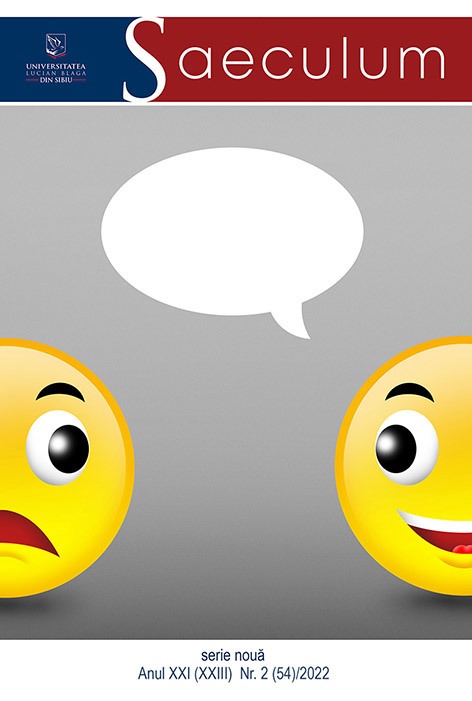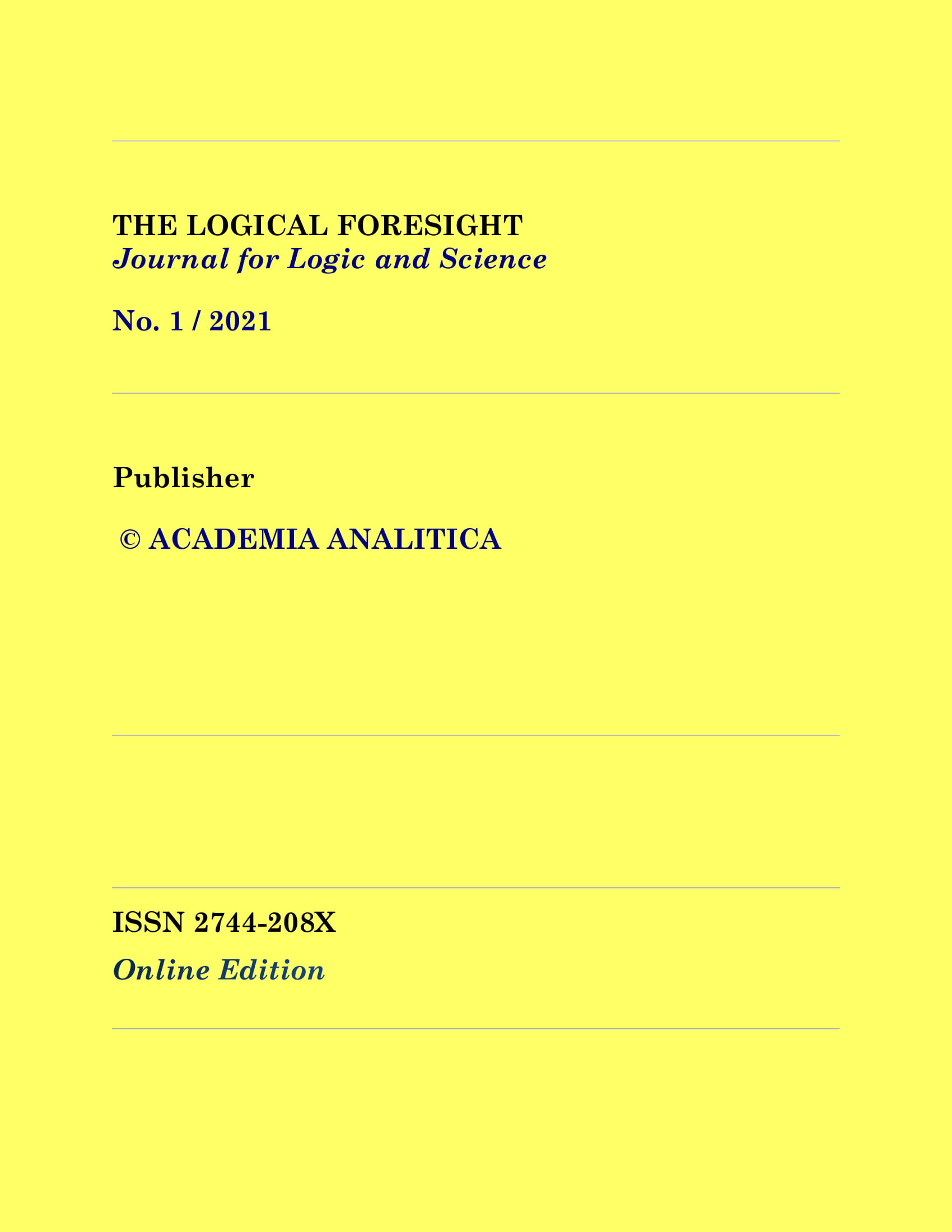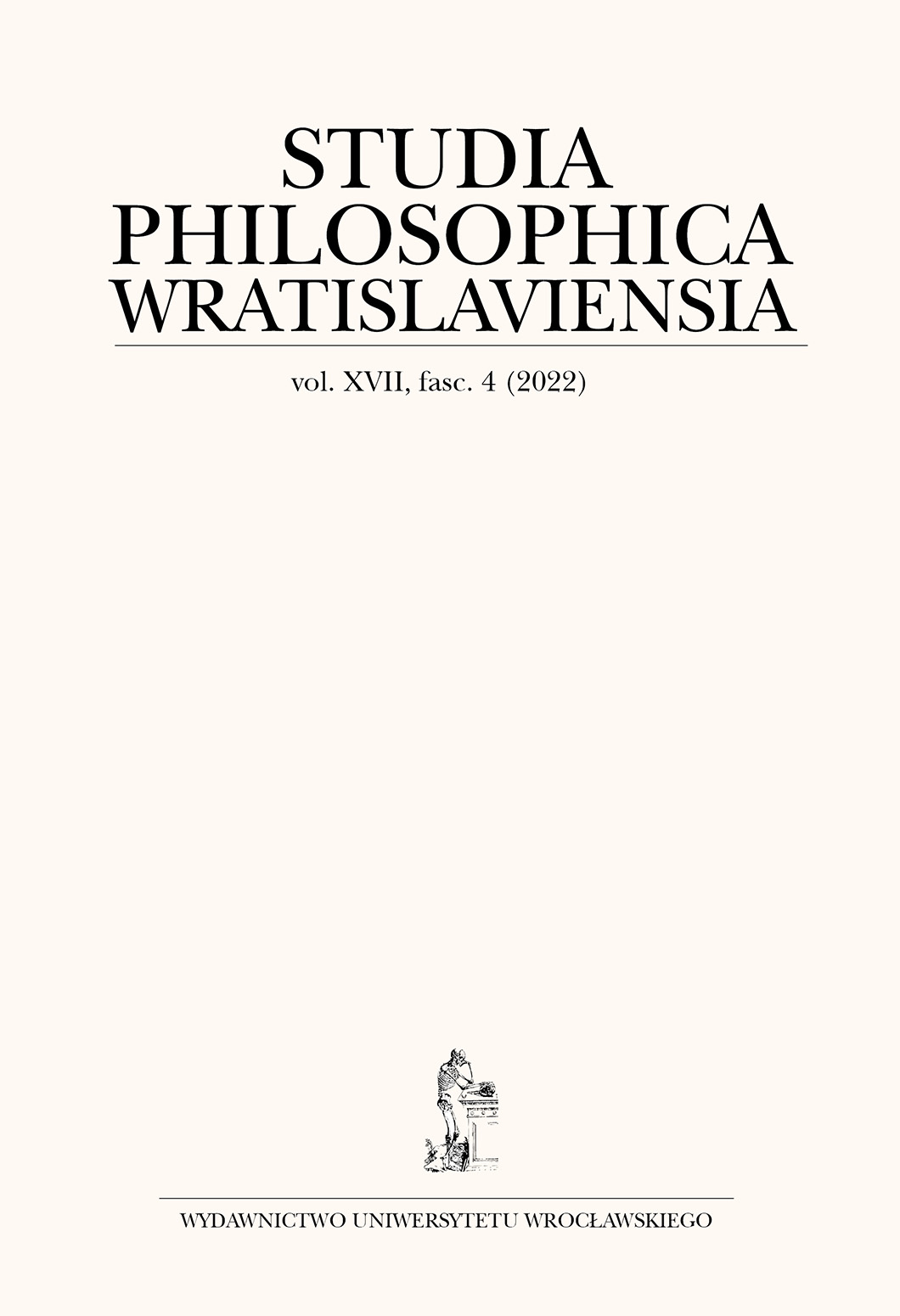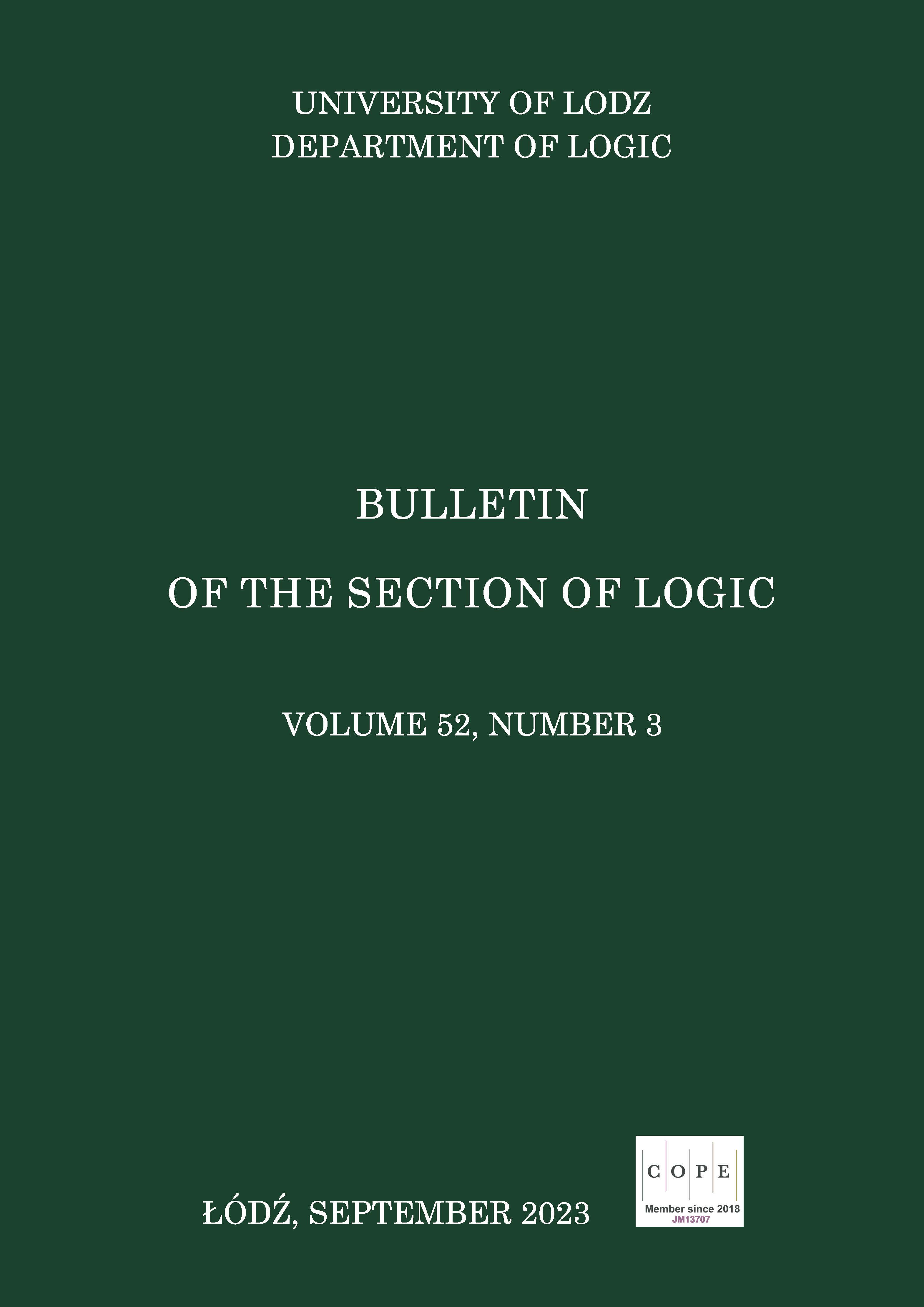Author(s): Juan Manuel Cornejo,Hanamantagouda P. Sankappanavar / Language(s): English
Issue: 4/2022
The variety \(\mathbb{DHMSH}\) of dually hemimorphic semi-Heyting algebras was introduced in 2011 by the second author as an expansion of semi-Heyting algebras by a dual hemimorphism. In this paper, we focus on the variety \(\mathbb{DHMSH}\) from a logical point of view. The paper presents an extensive investigation of the logic corresponding to the variety of dually hemimorphic semi-Heyting algebras and of its axiomatic extensions, along with an equally extensive universal algebraic study of their corresponding algebraic semantics. Firstly, we present a Hilbert-style axiomatization of a new logic called "Dually hemimorphic semi-Heyting logic" (\(\mathcal{DHMSH}\), for short), as an expansion of semi-intuitionistic logic \(\mathcal{SI}\) (also called \(\mathcal{SH}\)) introduced by the first author by adding a weak negation (to be interpreted as a dual hemimorphism). We then prove that it is implicative in the sense of Rasiowa and that it is complete with respect to the variety \(\mathbb{DHMSH}\). It is deduced that the logic \(\mathcal{DHMSH}\) is algebraizable in the sense of Blok and Pigozzi, with the variety \(\mathbb{DHMSH}\) as its equivalent algebraic semantics and that the lattice of axiomatic extensions of \(\mathcal{DHMSH}\) is dually isomorphic to the lattice of subvarieties of \(\mathbb{DHMSH}\). A new axiomatization for Moisil's logic is also obtained. Secondly, we characterize the axiomatic extensions of \(\mathcal{DHMSH}\) in which the "Deduction Theorem" holds. Thirdly, we present several new logics, extending the logic \(\mathcal{DHMSH}\), corresponding to several important subvarieties of the variety \(\mathbb{DHMSH}\). These include logics corresponding to the varieties generated by two-element, three-element and some four-element dually quasi-De Morgan semi-Heyting algebras, as well as a new axiomatization for the 3-valued Łukasiewicz logic. Surprisingly, many of these logics turn out to be connexive logics, only a few of which are presented in this paper. Fourthly, we present axiomatizations for two infinite sequences of logics namely, De Morgan Gödel logics and dually pseudocomplemented Gödel logics. Fifthly, axiomatizations are also provided for logics corresponding to many subvarieties of regular dually quasi-De Morgan Stone semi-Heyting algebras, of regular De Morgan semi-Heyting algebras of level 1, and of JI-distributive semi-Heyting algebras of level 1. We conclude the paper with some open problems. Most of the logics considered in this paper are discriminator logics in the sense that they correspond to discriminator varieties. Some of them, just like the classical logic, are even primal in the sense that their corresponding varieties are generated by primal algebras.
More...







